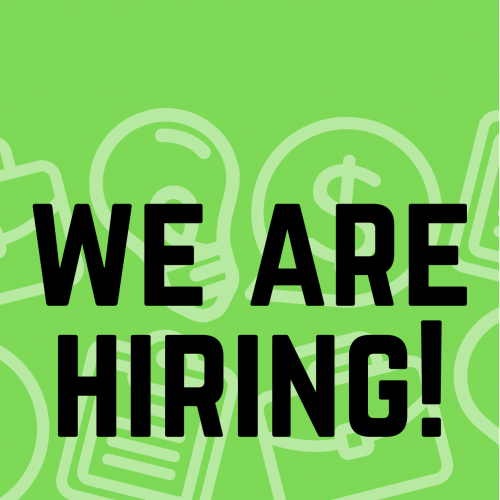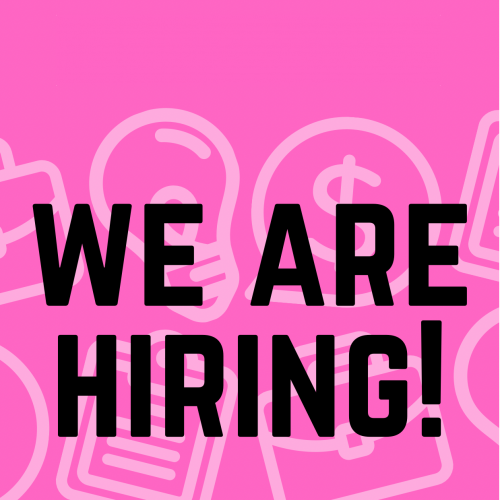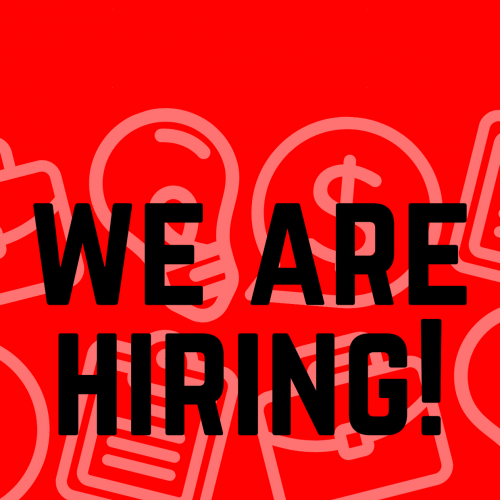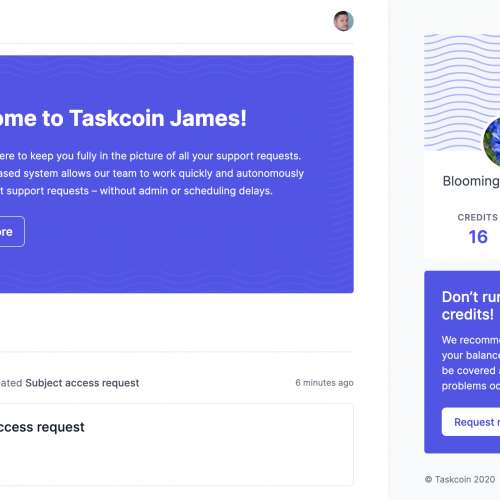Jamie Bartlett is the Director of the Centre for the Analysis of Social Media at Demos where his research focuses on the intersection of social media and politics, internet culture, privacy, surveillance and big data.
He is the author of two books; his latest, Radicals, explores the relationship between radical fringe groups and the evolution of technology. You might recognise him from his recent BBC two-part series, Secrets of Silicon Valley, exploring the truth behind tech giants’ promises to build a better world.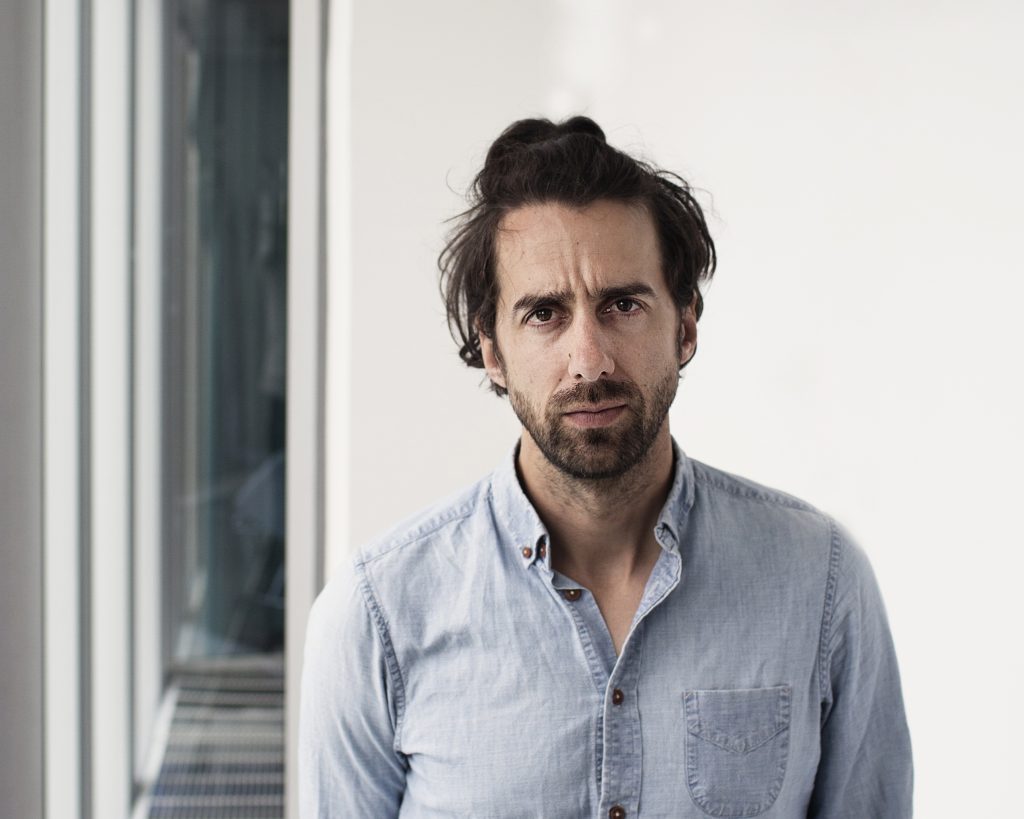
We spoke to Jamie about the future of social technology, the moral responsibilities of entrepreneurs and technologists, the role of government in innovation and his thoughts on what the future might bring…
We didn’t imagine any of this
One of the biggest shifts we’ve seen in social technology over the last ten years is how integrated it has become in our everyday lives, says Jamie.
“I never imagined social media companies would become as big as they are, how baked in they would become into the way news and media are shared, how political parties function and the internal systems of money supply that they’re trying to create.
“Social media, as I imagined at the beginning, was just a very simple little way for people to communicate. But it’s really turned into something that covers so many different aspects of our lives. The companies behind it are no longer just social media companies; they’re media distributors, and tech startup incubators, they’re investing in VR and artificial intelligence.
We might see a shift in new types of social networks that aren’t all about advertising and data extraction
“It’s become a lot more than it was meant to be. They’ve become the most important advertising platforms in the world. We didn’t imagine any of this. We just thought it was a thing to talk to each other on, not realising where it might end up.”
This shift in social media has also blurred the identities of the companies behind it. “They’re not sure if they’re media companies or neutral platforms” says Jamie, “they’re treading the line between the two.”
Jamie believes that this confusion has pushed us to the cusp of another big change in perception. “More recently, you’ve seen a lot of people getting worried. There’s been a big shift in the public view of the big tech firms, including social networks. People don’t like how big they’ve got, don’t like how much data they have, don’t like how they’re behaving or responding to things and don’t like how much influence they have over politics. There is this distrust about them.
“We had this utopian view on how they’d solve everything, but now people are getting a little less comfortable with them. I think that is leading to a lot of people increasing their privacy settings, or trying to turn to more ethical alternatives if they’re available.
“I think we might see a shift in new types of social networks that aren’t all about advertising and data extraction. They might be not for profits like Wikipedia for example.”
The unanswerable question of ethical responsibility
The question of whether technologists or governments should be responsible for ethical issues within innovation is a “philosophical, unanswerable question” says Jamie. “I think it depends on the intention.”
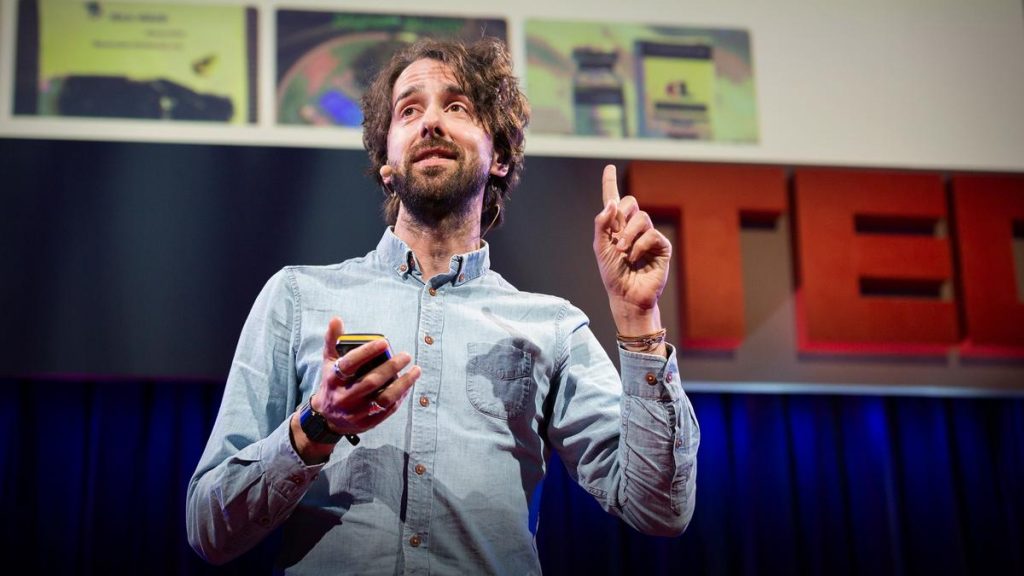
If technologists held the power to decide how their creations would be used, and took measures to enforce proper usage, “then I think that you’ve done your bit and have been a responsible designer” says Jamie. “But you can never completely control the way someone will take your technology and use it. You can’t really be held responsible for that.
“I think on the whole it’s important that creators of technology are not held responsible. If they were, no one would invent anything, and everyone would be held responsible for all the criminals misusing the things they built… That doesn’t mean technologists are completely off the hook. It might be the case that governments need to have their technology regulated in certain ways. Companies should work with those governments to make sure that happens.
You shouldn’t build your technology to help [government]. It’s not your problem
“It is really for governments to decide how technology is regulated in society. But if you want to be a responsible technology firm, you’re actually in a difficult position…
“I guess the only thing you can do, as a responsible technology company, is to look for other ways that you might be able to help governments, for example if they ask for assistance under warrant. In the case of Facebook, for example, if governments are coming to you requesting information about users, you respond to it (if it’s a legal request) very quickly and sharply, but you don’t undermine your core technology or build it in such a way that will help the government, because that’s not really your job.
“To me, it’s more about whether or not you can do certain things to expedite work with government as best you can. But you shouldn’t build your technology to help them. It’s not your problem.”
The future of decentralised networks
While fringe technologies like Tor and especially Bitcoin “started off quite criminal, exciting and anarchic, there has been an amazing amount of investment into these technologies, especially in financial services.”
With so much money being poured into blockchain especially, Jamie says it’s inevitable that startups around the world are investing in building their own blockchain based systems.
Generally speaking, fringe groups, whether they’re political or radical, tend to be early adopters of interesting technology
“Government inevitably will get in on this. They will almost certainly build their own versions and the innovators and (especially) libertarians will be pissed off. ‘We built this because we’re anti-government and now they’ve taken it on’. That’s how it often goes with technology.”
This mainstream uptake of certain fringe technologies is inevitable, Jamie says, when they carry with them certain efficiency or structural advantages. A lot of people will soon be “using this blockchain technology without even realising. I could go to a website and not even know it was built on blockchain technology. As long as, to me, it doesn’t look different, I couldn’t care less. You’re going to have this gradual mainstream adoption, but you’re also going to have governments and businesses pouring loads of money into it, inventing things other people hadn’t even thought about.”
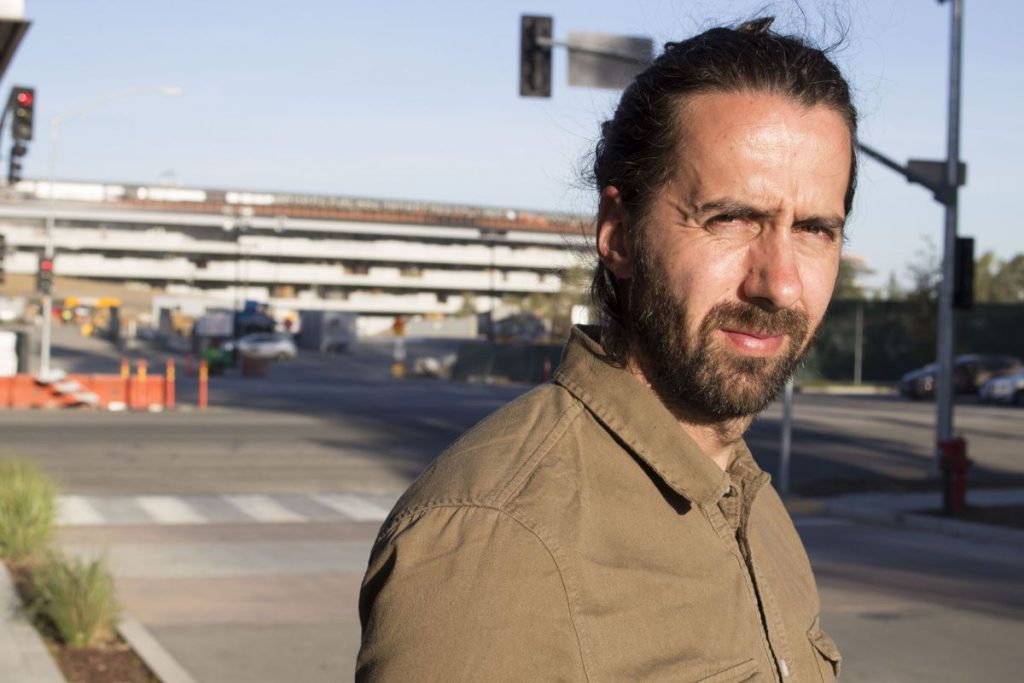
Both blockchain and Tor are “fundamentally about building decentralised networks which are difficult to control and censor” says Jamie “and even though they will use it for some things, in other ways it will cause government a pain in the arse.”
Don’t forget that the entire internet, the most powerful encryption, the dark web, they are all inventions of governments
However, it seems likely that the governments will make use of these technologies for specific purposes; for example, using cryptocurrencies for monitoring government spending. “You’re going to have people in the police force saying this is the worse thing ever and a pain for us, we can’t deal with it, and you’ll have people in the Department for Business or DCMS saying this is amazing, this technology is helping us and it’s fantastic.”
Jamie points out that “generally speaking, fringe groups, whether they’re political or radical, tend to be early adopters of interesting technology. They’re also looking for ways to improve these technologies, because they’re motivated, they have time on their hands and they’re worried about being monitored. Let’s take the internet of things as an example. I am certain it will very quickly be picked up by criminals and political radicals and then slowly be picked up by everybody else, including governments.
Digital technology and data driven technology tend towards monopolies
“That’s not to say that criminal fringe groups will ditch any older technology, it really depends on whether they think certain technologies are still useful for them. A lot of criminal groups have gone off the normal internet and returned to Usenet groups or bulletin board systems. They’re very old technologies, but fringe groups have seen that they will be quite helpful for them.
The threat of governments and monopolies
“Don’t forget that the entire internet, the most powerful encryption, the dark web, they are all inventions of governments. Don’t be under any illusions that the Government aren’t extremely technically savvy. The problem is that you have people at the top levels, like GCHQ, that are really incredibly tech savvy, but then you have local law enforcement and police officers who have no idea.
My fear for the future is that the future of technology might tend toward monopolistic practices, and governments are not ready or thinking about what that might mean
“At the top level, governments are investing a lot more in emerging technologies and they have a much better understanding of who’s using encryption and darknet services much more than ever before. They’re looking ahead and thinking about blockchain technology and cryptocurrencies so I think they are a lot better than they were.
“But I’d say down the line, as you get to ordinary government departments, political parties and local police officers, they are miles away and don’t really understand it, and I understand why, it is overwhelming when you’re faced with this stuff.
“The problem is, the barrier to entry is really low to become a criminal hacker, there’s a bit of a mismatch between the normal authorities’ understanding and what a normal criminal can do. The low levels authorities are really playing catchup.
“My fear for the future is that the future of technology might tend toward monopolistic practices, and governments are not ready or thinking about what that might mean… I think, generally speaking, monopolies are quite bad for democracies, for lots of reasons.
“Digital technology and data driven technology tend towards monopolies because if you’re brilliant, as a company, at big data analysis or machine learning technology or data extraction you can be the best in every industry, a mega-monopoly among lots of industries, and that would be a problem for democracy. Very large powerful monopolies have too much power over society and people will be frustrated about that.”
So what can we do to protect our futures?
“To be honest with you” says Jamie. “I don’t really have any answers for you, only to say that this is the thing that I am trying to think about – how can we maintain a healthy economy that’s innovative, that’s creative and trying new things, but that doesn’t run away with people’s lives. That’s the challenge.”
If you have any ideas about how we can prepare for future, you can talk to Jamie on Twitter @jamiejbartlett.
Images via TED and Tristan Quinn/BBC
If you’d like to discuss your startup or project, get in touch with Simpleweb today.
